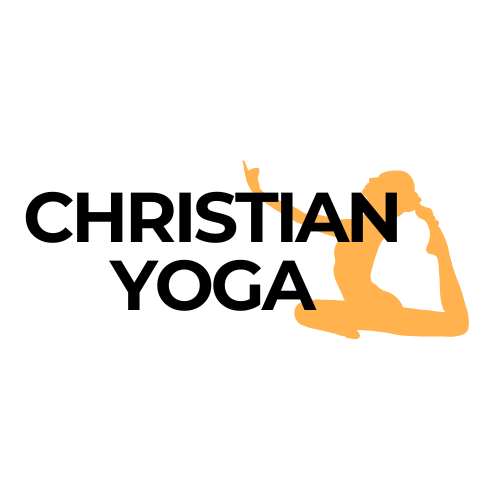Yoga has become a widely practiced form of exercise, known for its ability to promote physical, mental, and spiritual well-being. However, many Christians seek a yoga practice that aligns with their faith. Christian yoga combines traditional yoga poses with Christian principles, allowing practitioners to connect with their spirituality while maintaining a healthy lifestyle. If you’re considering teaching this unique practice, finding the right Christian yoga certification program is essential.
In this guide, we’ll explore how to choose an accredited program, what to expect from training, and why certification matters. By the end, you’ll have a clear understanding of what to look for as you embark on your journey.
Why Accreditation Matters
Accreditation ensures that a program meets high standards of education and practice. When you choose an accredited program, you can trust that the training you receive is reputable and recognized within the Christian yoga community.
Selecting an accredited program not only elevates your skills but also gives you credibility as a certified instructor. This allows you to teach with confidence, knowing that your certification is valued by students and other professionals.
Considerations for Choosing a Christian Yoga Certification Program
When searching for the right Christian yoga certification, there are several factors to consider. Let’s break down some of the key aspects you should keep in mind:
Faith Integration
A Christian yoga program should integrate faith deeply into its curriculum. This can include scripture-based meditations, prayer, and teachings that reflect Christian values. It’s important to find a program that aligns with your beliefs and offers a balance of spiritual and physical instruction.
Curriculum and Training Hours
Every certification program should outline a clear curriculum that covers a wide range of topics. The program should also offer adequate training hours to ensure you are fully prepared to teach. Most accredited programs require a minimum of 200 hours, though some advanced certifications may require more.
In-Person vs. Online Training
One of the decisions you’ll need to make is whether to pursue an in-person or online certification. Both options have their advantages:
- In-person training provides hands-on experience, allowing you to practice with other students and receive immediate feedback from instructors.
- Online training offers flexibility, especially if you have a busy schedule or cannot travel. Many online programs still provide interactive features, such as live video classes and personalized guidance.
Consider your learning style and availability when deciding which format works best for you.
Instructor Expertise
The expertise and experience of the instructors play a significant role in your training. Look for programs led by certified Christian yoga instructors who have a strong background in both yoga and Christian ministry. Their guidance can offer valuable insights into integrating faith into your practice.
Supportive Community
A strong community can make a huge difference in your learning experience. When choosing a certification program, look for one that fosters a sense of belonging. Whether it’s through group discussions, peer practice sessions, or mentorship, a supportive community encourages growth and development.
What to Expect from a Christian Yoga Certification Program
Once you’ve selected a program, it’s helpful to know what you can expect from the training process. Here’s a general overview of what the journey typically looks like:
- Foundational Knowledge In the early stages of your training, you’ll dive into the foundations of yoga. This includes learning about the history of yoga, basic anatomy, and key yoga poses. At the same time, you’ll explore Christian teachings and how they relate to the practice.
- Developing Your Practice As you progress, you’ll start to deepen your personal practice. Expect to spend a significant amount of time on the mat, practicing various postures and learning proper alignment. You’ll also learn how to modify poses to accommodate different skill levels and body types.
- Teaching Methodology Teaching others is a key part of the certification process. You’ll learn how to lead a class, give effective cues, and create a safe and welcoming environment for students. The program will likely provide opportunities to practice teaching, whether through peer teaching sessions or real-life classes.
The Importance of Ongoing Learning
Even after earning your certification, the journey doesn’t stop there. Christian yoga, like any other form of yoga, is a practice that evolves over time. Continued education is essential for staying up to date with new techniques, deepening your personal practice, and growing as a teacher.
Many accredited programs offer workshops, advanced certifications, or retreats for graduates to continue learning. By staying connected with the Christian yoga community and seeking out these opportunities, you can continue to refine your teaching skills and expand your knowledge.
In Summary
Finding the right Christian yoga certification program is a personal journey. There are many factors to consider, from curriculum and instructor expertise to the integration of faith and flexibility of training formats. By taking the time to research and reflect on your own needs, you’ll be able to choose a program that aligns with your values and prepares you to share Christian yoga with others.

